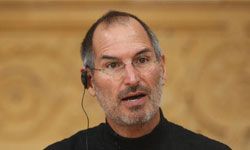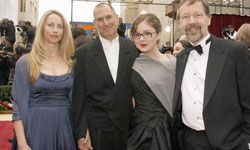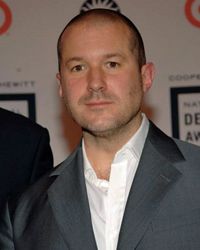We don't often see the words "business" and "celebrity" together, but Steve Jobs was a business celebrity. Face it, he wasn't just any celebrity, either — he achieved rock-star status, but his hands clutched an iPhone instead of a Gibson. Think about it, we didn't just follow Apple Inc.'s products or its stock price, we watched the CEO himself, and we gossiped. Following his death on Oct. 5, 2011, we saw countless tributes and memorials from Web sites, celebrities, tech pundits and even the president of the United States. Why did we like to gossip about Jobs? It's enticing to study people who are full of good ideas — even more so, people who have built empires, as we try to uncover exactly how they did it.
Beyond that, Jobs was an interesting character. He was a college dropout who won the National Medal of Technology, who had a reputation as a difficult person and a demanding boss, and who slammed competitors' products and ran a cultish marketing show for his own.
Advertisement
One New York Times columnist had an interesting sociological explanation for why we've always taken a personal interest in Jobs [source: Carr]. Jobs knew us so well — from our early need for personal computers to the way our fingers like to dial songs on our iPods — that we want to know him back.
Jobs kept details about his life private, and his company protected his privacy, which enticed us even more. Our fascination fed a rumor mill that often got stuff wrong. Here are five popular myths that surround Jobs.




